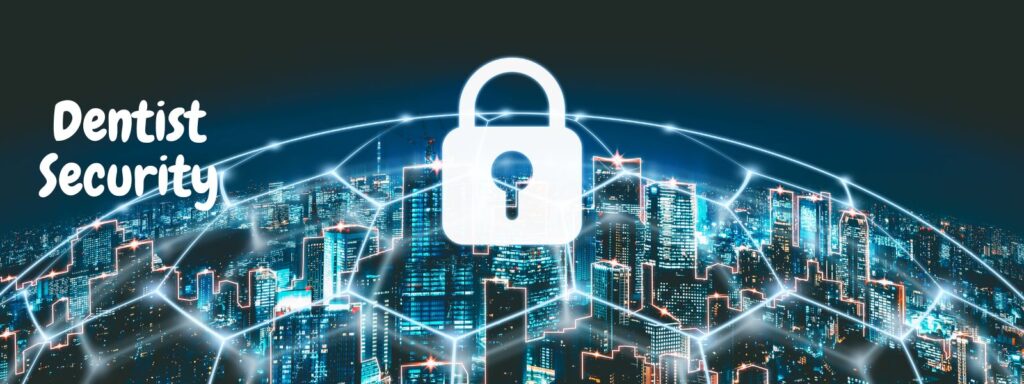
As dental practices increasingly rely on technology for managing patient records, scheduling appointments, and conducting financial transactions, it’s crucial to prioritize cybersecurity to protect sensitive information and maintain the trust of patients. At DentistSecurity, we understand the unique cybersecurity challenges faced by dental practices and are committed to providing insights and tips to help safeguard your practice.
Best Dentist Cyber Security and Dental Practice Protection Discussion Online
One of the first steps in protecting your dental practice is to ensure that all software and hardware are regularly updated with the latest security patches. This includes not only your practice management software but also all devices connected to your practice’s network, such as computers, routers, and printers. Regular updates help to address known vulnerabilities and reduce the risk of cyber attacks. Best Dentist Security Blogging Online and Local Cyber Dental Security Discussion with us. DentistSecurity is networking with local cyber-security blogs and social media groups.
We are Dentist Security networking with online Dentist Blogging sites such as ,dentistryquestion.com, familydentalcenter.com, dentistblogging.com and many more. We have also partnered with online dental consultancy site denalchat.com and teledental.com.
Best Dental Cyber Security Online Chatting
DentistSecurity is looking to help dentists make their dental practices more secure on the web. Local Dentists Security Blogging Online about your cybersecurity needs. We are at Dentists Security networking with cyber security companies and professionals.
Protecting Dental Practices: Insights from Dentist Security Online Chatting
In addition to keeping your software and hardware up-to-date, strong password practices are essential for securing your dental practice. Avoid using common passwords or easily guessable information, such as birthdates or pet names. Instead, use complex passwords that include a combination of uppercase and lowercase letters, numbers, and special characters. It’s also recommended to use multi-factor authentication (MFA) wherever possible to add an extra layer of security.
